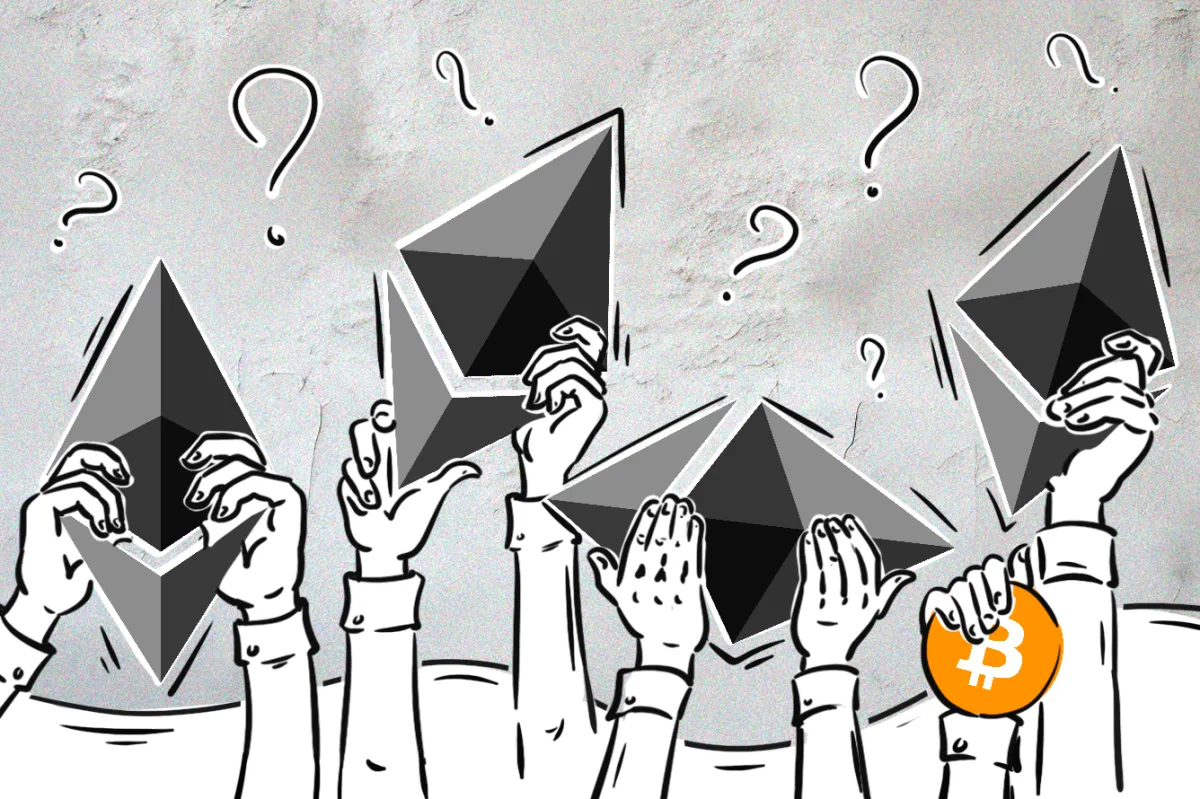
When considering cryptocurrency it is easy to latch onto the idea of the sole 'visionary genius' and unquestionable creator. Think Bitcoin's mythical Satoshi Nakamoto and the vastly more tangible Vitalik Buterin for the Ethereum network. But the day-to-day maintenance and upkeep of these blockchains require teams of developers, who don't always agree with the 'pure vision' of the creator, even if he/she/it is still around to comment.
We recently Observed Vitalik Buterin suggesting a “modest” increase to the Ethereum block gas limit during a Reddit AMA. The network co-founder stated that a 33.3% increase to 40 million would be "reasonable" at the moment and highlighted the fact that the limit hasn’t (really) been raised for almost three years. The bigger blocks enabled by a gas limit increase could potentially fit more transactions or allow them to be more complex, thus increasing the network throughput.
Some Reddit users immediately expressed doubts that the hardware is actually developed enough to process blocks of that size and whether this kind of hardware is accessible to the general public. However, many Ethereum developers also opposed the suggestion, raising concerns about the size of the blockchain state and synchronisation time.
One of the devs, Marius van der Wijden, published a post titled “Why increasing the gas limit is difficult,” summing up the main concerns. According to him, roughly 267GB of storage space is currently needed purely to record the state, and this number is increasing. Changing the block gas limit will accelerate the process. While he believes that the space itself is not the problem, the growing size of data will make accessing and modifying it slower and more complicated.
Other concerns raised by Wijden include slow synchronisation, difficulties in building and optimising a client, and higher attack exposure. He suggests waiting for the upcoming implementation of the EIP-4444 and EIP-4844 upgrades, which aim to slow down the overall trend of growing data size, before discussing a gas limit increase.
Some users supported Buterin’s idea. Gnosis co-founder Martin Köppelmann claimed that the main point of Ethereum is to allow people to make transactions for real-world use cases, so bringing down transaction costs is essential for further development.
Meanwhile, Bitcoin has been facing its own developer debate. Bitcoin developer Luke Dashjr recently posted a pull request aimed at blocking Ordinal inscriptions from embedding data directly onto the blockchain. This, according to his explanation, exploited a vulnerability and was essentially a bug in Bitcoin’s code. He stated that the issue had been addressed in Bitcoin Knots version 25.1 and is expected to be fully resolved with the upcoming version 27 this year. However, the discussion quickly turned into a heated debate, only slightly related to coding issues.
Recently, Blockstream developer and maintainer of the Bitcoin Core software, Ava Chow shut down the discussion of Dashjr's pull request. Later, she provided comments on her decision to CoinDesk, claiming that the proposal had no chance of reaching a conclusion acceptable to everyone, and “All it was doing was generating noise” and distracting developers. She argues that such requests are to be deleted, and made the decision independently, disagreeing with Dashjr that it was incorrect.
Dashjr has since made a new post on GitHub, stating that his proposal “was (inappropriately) closed due to social attacks.” He suggested other ways of dealing with the issue and expressed willingness to share his code suggestions via new pull requests if there is interest.
As we can Observe, there are often multiple camps with opposing opinions on any particular proposal for improvement, but blockchain is hailed as a decentralized tech where every voice matters. The winding journey taken during such debates is often unclear, but the conclusion and final decisions are what power the development of the blockchain ecosystems that we use every day, so there is a lot vested in eventually arriving at the best answer.

